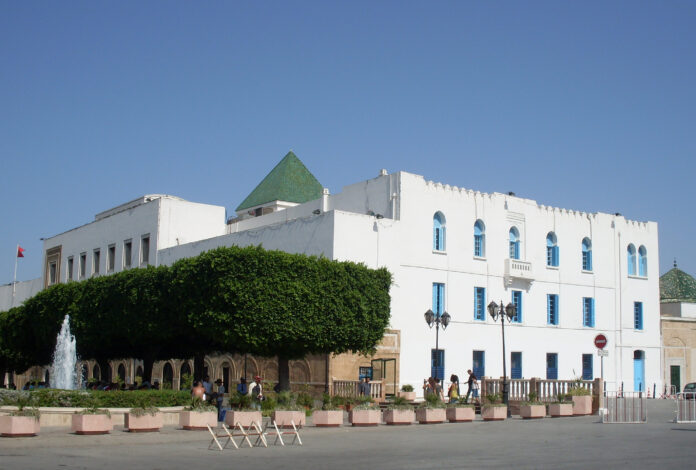The President of the Republic, Kais Saïed, announced during a tour yesterday evening, Saturday, in Habib Bourguiba Street in the capital, his quest to form the new government as soon as possible, saying, “I am seeking to choose people who are flawless and able to bear the weight of the trust.”
Professor of Constitutional Law Salim Laghmani commented on this statement that the President of the Republic tends when forming the government to adopt loyalty as the only criterion, so how will the features of the expected government be?
“Saied as head of state”
In this context, the leader of the Ennahda movement, Mohamed Goumani, told “JDD Tunisie”, today, Sunday, September 12, 2021, that the President of the Republic had confirmed in his speech on the evening of July 25 that he would appoint a figure to form the government, while it is understood from his statements yesterday that he is in the process of forming it, and therefore he is its president, said our interloccutor.

Goumani added that the next government will be the “president’s government,” as he will supervise the appointment and selection of its president and members, and he will bear the responsibility.
He said that Ennahda movement calls for the acceleration of the appointment of a government that will be able to face living challenges and carry a program to confront economic, financial and development problems, while accelerating the required reforms related to the support fund and public institutions.
He, even, noted that members of the government must necessarily have economic competences , as he put it.
There is no room for loyalties
For his part, the former Minister of Vocational Training and Employment and a leader in the People’s Movement, Fathi Belhaj, considered in a statement to “JDD Tunisie” that the government is required to be able to face the challenges and implement the demands raised by Tunisians on July 25th.

He added that it should have a minimum level of harmony and consistency, with no room for personal and partisan loyalties, according to his estimation.
With regard to the form of government, Belhadj said that the idea of adopting ministerial poles was proposed by experts since 2019, which is good, considering it to include the convergent tasks of ministries such as education, higher education and vocational training, which facilitates the reform process and reduces bureaucracy.











